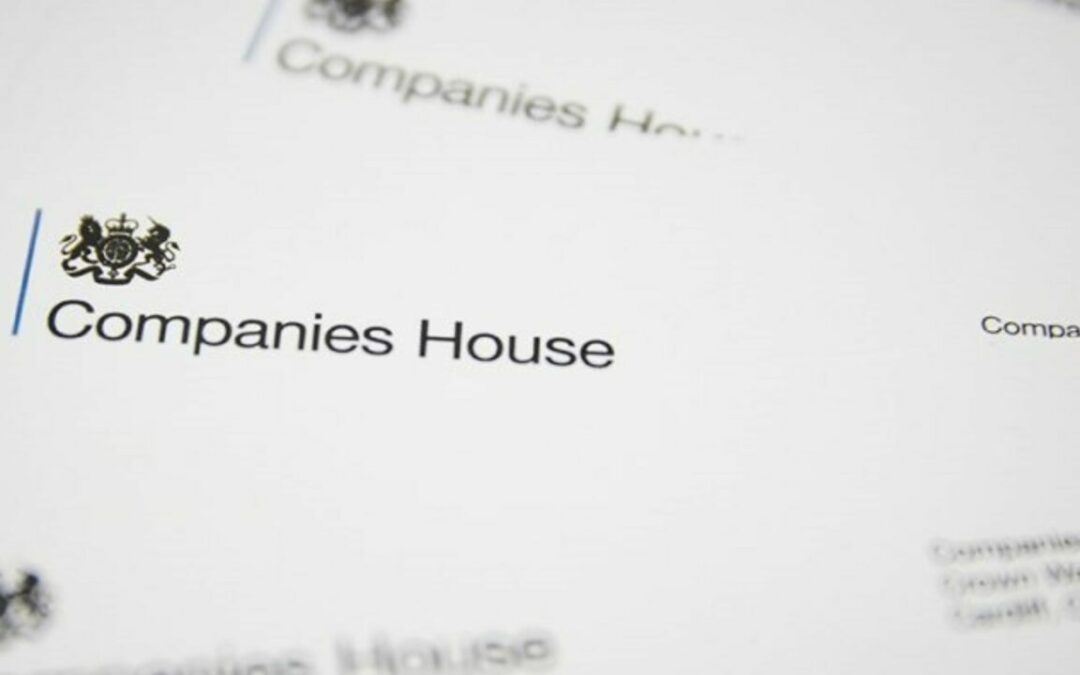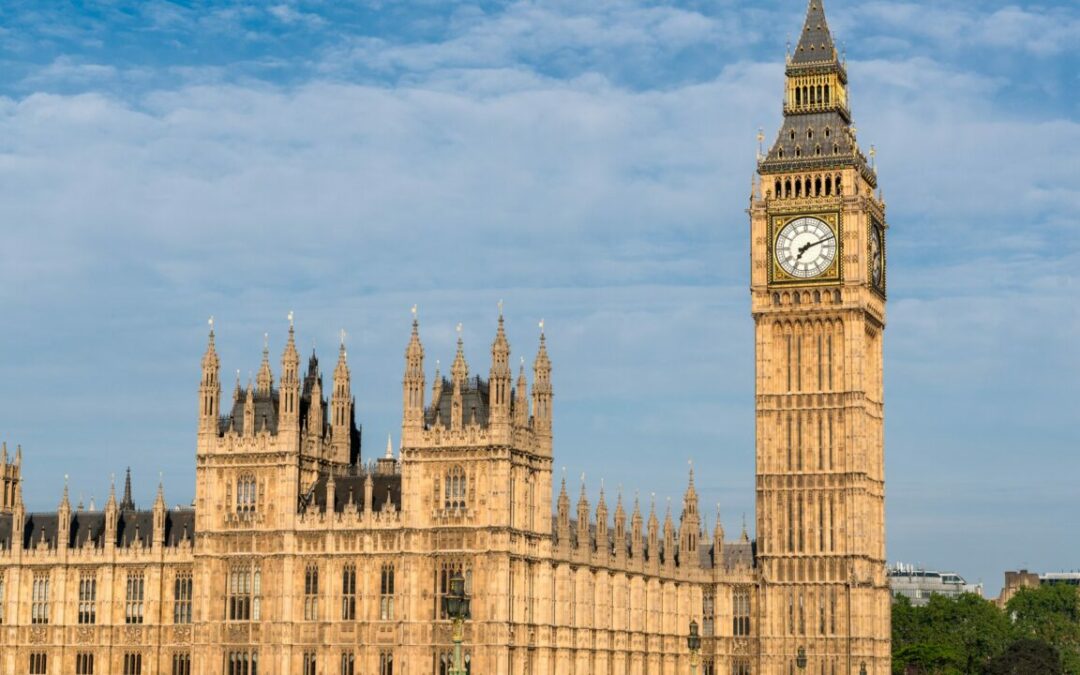Buying a car through your company is more than just upgrading your transport. It also creates a smart tax planning opportunity. With capital allowances, you can deduct part of the vehicle’s cost from your profits to reduce your tax bill. Here is how the process works, along with steps Whittaker & Co can take to help you.
Who Can Claim?
- You can claim whether you are a sole trader, in a partnership, or run a limited company.
- To claim capital allowances, your business must own the car (leasing doesn’t qualify).
- The car must primarily be used for business purposes. Any personal use means your claim must be adjusted accordingly.
What Rate Can You Use?
The amount you can claim is mainly based on the car’s CO₂ emissions, with cleaner vehicles receiving more generous allowances through the UK tax system.
| 0 g/km (i.e. electric) | 100% First-Year Allowance (FYA) | You can deduct the full cost of the car in the first year. |
| 1–50 g/km | Writing Down Allowance (Main-Rate) | You claim 18% per year of the remaining value. |
| Over 50 g/km | Writing Down Allowance (Special-Rate) | You claim 6% per year of the remaining value. |
All allowance rates are based on the current GOV.UK guidance for business vehicles – Claim capital allowances: Business cars – GOV.UK
With main rate or special rate pools, you claim part of the car’s cost each year over several years, instead of deducting the whole amount at once.
Private Use Adjustments
If the car is used partly for personal trips (for example, commuting or weekend use), you can’t just claim 100% of the allowance. You need to apportion your claim between business and private use.
Leased Cars
If you lease rather than buy the vehicle, the rules differ:
- For higher-emission leased cars, only 85% of the lease payments can be claimed as allowable expenses.
- For low-emission or zero-emission leased cars, you may be able to claim the full lease payments as allowable expenses.
What Happens When You Sell or Dispose of the Car
When you sell or dispose of the vehicle, you must calculate a ‘balancing adjustment’:
- If the sale price is less than the remaining pool value, you can claim a balancing allowance for the difference.
- If you sell the car for more than its pool value, you will need to pay a balancing charge as taxable income.
Record-Keeping
To back up your claim, you’ll need to keep good records:
- The purchase invoice, showing the actual cost
- CO₂ emissions certificate or reference, to prove which pool the car sits in
- Mileage log for business vs private use
- Disposal documentation when sold
Why This Matters for Your Business
- Choosing a low-emission or electric car can reduce your tax bill the year you purchase it, improving your business cash flow.
- Switching to cleaner vehicles benefits both the environment and your business, as they are more tax-efficient.
- The timing of your purchase matters. The rate and timing of your claim can impact yearly tax relief.
How we Can Help
Whittaker & Co can help you in the following ways:
- Work out whether buying outright or leasing makes more sense.
- Advice on business vs private mileage split and how it affects your claim.
- Handle the capital allowances paperwork for your tax return.
If you are considering a business car purchase and are still unsure which option is best, get in touch. We will help you choose the best tax option and ensure compliance with HMRC.
Read more – Claim capital allowances: Business cars – GOV.UK
Visit our News Hub for the latest – News – Whittaker & Co (whittakerandco.com)
info@whittakerandco.com
+44 (0) 1686 610662






